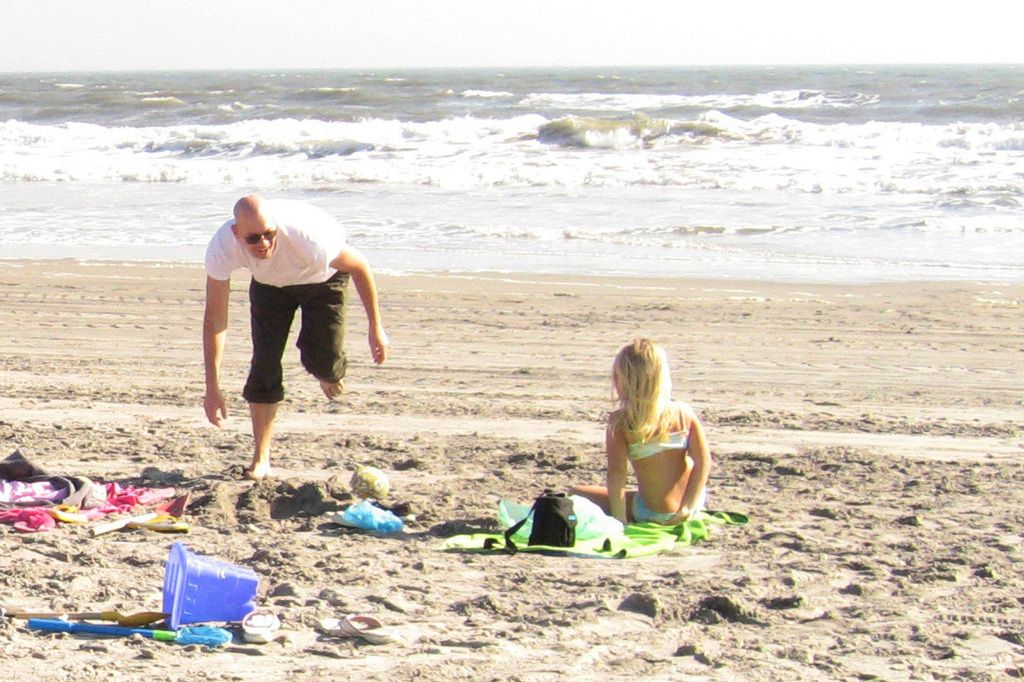Overworked and Busy Lifestyles Impair Cognitive Thinking, Science Warns
Consistent Busyness May Impair Mental Sharpness, Creativity, and Critical Thinking
In today's fast-paced world, being busy has become a badge of honor. Yet, a plethora of research reveals an unsettling consequence: constant busyness can permanently impair our ability to think critically, creatively, and clearly.
Neuroscientist Daniel Levitin, in his book "The Organized Mind," claims that the continuous influx of information we process daily – emails, notifications, and social media feeds – can overload our cognitive resources. This "always-on" mentality creates a vicious cycle: as we consume more information, we train our brains to crave even more busyness, leaving us depleted and less capable of solving problems effectively.
Levitin suggests that embracing idleness may be the key to breaking this cycle. Simple activities like meditating, staring into space, or daydreaming can help reset the mind. Without these essential moments of downtime, our cognitive systems remain in perpetual overdrive, a state linked to declining mental sharpness, reduced creativity, and even long-term health risks.
However, it can be difficult to unplug, even when the science is clear. Many of us mistakenly equate rest with laziness. But neuroscience paints a different picture. Rest isn't just a break from productivity – it's an essential component of it.
The brain operates in two primary modes: the task-positive network, engaged during focused work, and the default mode network, active during rest and idle moments. The default mode network is responsible for critical functions such as memory consolidation, creative problem-solving, and emotional regulation.
A 2013 study published in "Frontiers in Psychology" demonstrated that individuals who engaged in idle activities, like taking a walk or gazing out a window, experienced a surge in creative insights compared to those who remained in task-focused activities. This is the science behind those "aha moments," when solutions to complex problems suddenly emerge.
One significant barrier to embracing rest is the omnipresence of digital distractions. Smartphones, while useful, can prevent the brain from slipping into its restorative default mode. Constantly checking our phones can lead to mental fatigue, reduced attention span, and decision fatigue.
To break free from the busyness trap, consider scheduling idle time, embracing "screen-free" zones, practicing deep work, reconnecting with nature, and reevaluating your priorities. By incorporating regular moments of rest into your routine, you can protect your brain, boost creativity, and live a more fulfilling life.
Smartphones, a source of constant notifications and distractions, can hinder the brain's ability to enter the restorative default mode network, leading to mental fatigue, reduced attention span, and decision fatigue. Embracing health-and-wellness practices, such as scheduling idle time, disconnecting from digital devices, and reconnecting with nature, can help protect the brain, boost creativity, and contribute to a more fulfilling life, as demonstrated through science in areas like mental-health and creativity.






